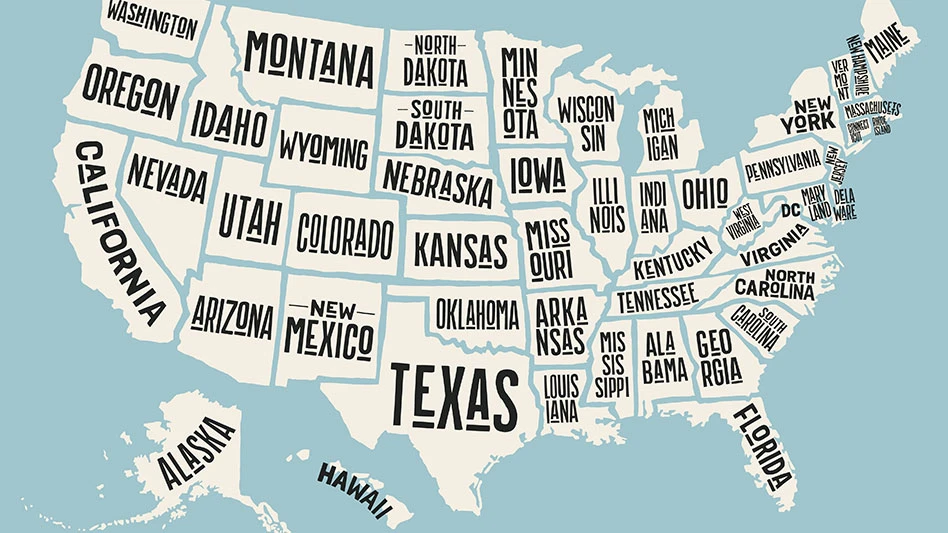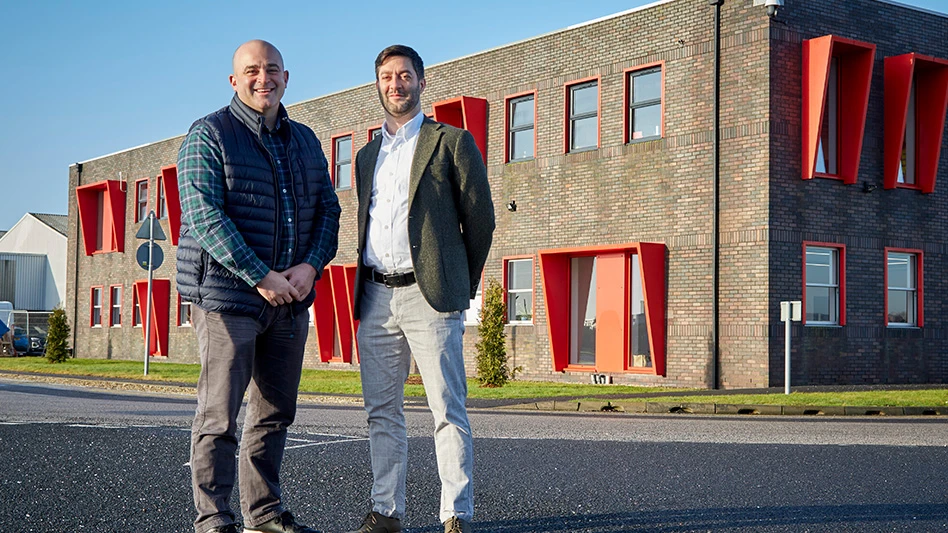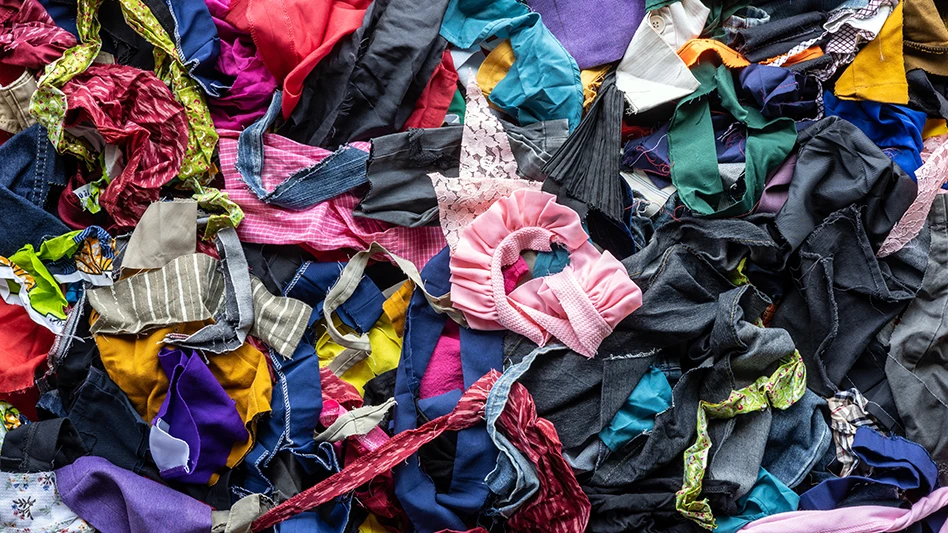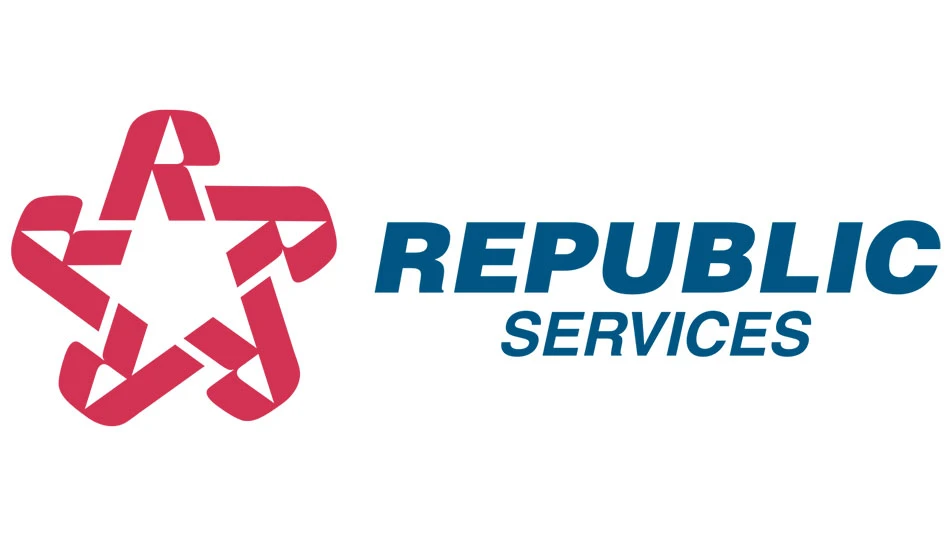
Recycling Today archives
A program established by the Hong Kong-based Ocean Recovery Alliance known as the Commitments Accelerator for Plastic Pollution (CAPP) is seeking to identify on-the-ground, local initiatives that divert and recycle plastic scrap, then help them scale with "much-needed" capital resources, be learned from and replicated.
A 2020 report conducted by Ocean Recovery Alliance analyzed 580 voluntary commitments made by countries, nongovernmental organizations (NGOs) and corporations from 2014 to 2018 and found that many such commitments often are not followed up on, as there is little transparency, nor governance from a higher authority to enforce such commitments.
In a contribution to My Climate Journal (MCJ) Collective, three CAPP contributors write that some of the local initiatives tied to these efforts have been “designed by passionate and knowledgeable leaders who are creating viable solutions to reduce and eliminate plastic waste.”
One such effort with CAPP involvement is the Harvest Plastic program created in Cambodia during the late 2010s. That collection effort initially was timed to coincide with the nation’s Water Rising and Water Falling Festivals, which happen in June and November, respectively.
“With over 12,500 community members engaged in our bi-annual events, and over 120 tons of plastic removed, we had established the base to launch our ongoing, yearly Harvest Plastic program,” writes Douglas Woodring of the Ocean Recovery Alliance, in an essay he submitted to Asian Venture Philanthropy Network.
In addition to considering such existing efforts, CAPP says since its founding it has conducted three student “Make the Case” competitions in India and East Asia to seek additional ideas.
“Real impact is happening at the local ground level in every country by dedicated organizations," CAPP's Rob Steir, Aarti Desai and Frances Mendoza say. "Their ‘in-the-trenches’ work is often under-reported and underappreciated—surprisingly even by local communities. Many of these proven initiatives, especially how they operate and what they have learned, could be captured, replicated and scaled to other locations.”
While encouraged by the potential of the United Nations Treaty on Plastic that is under development, the CAPP trio say the treaty is "only likely to be a success should the world’s stakeholders effectively leverage and accelerate the excellent work that many organizations are already doing on the ground to reduce plastic waste.”
According to CAPP, should extended producer responsibility (EPR) or other “polluter pays” systems gain widespread implementation to address unrecycled plastic, there are existing ideas and methods that merit funding consideration.
“Most of these [local] initiatives had an unmet need for additional funds, community support and local government resources to ensure their local sustainability and long-term impact,” writes CAPP of some of the plastic waste diversion efforts that have been attempted.
CAPP is seeking sponsors and supporters for plastics diversion programs, with more information available here.
Latest from Recycling Today
- Komar Industries acquires Metro Compactor Service, BaleForce and Chute Source
- Keith Manufacturing to showcase RX Technology at Mid‑America Trucking Show 2026
- Work Truck Incyte launches market discovery intelligence platform
- A ‘pivotal moment’ for recycled PET
- BlueScope posts 118 percent increase in net profit
- Origin Materials announces organizational realignment, business update
- EAF steelmaking transition could reduce industry’s emissions footprint by 38 percent
- European policymakers seek Russian steel import ban





